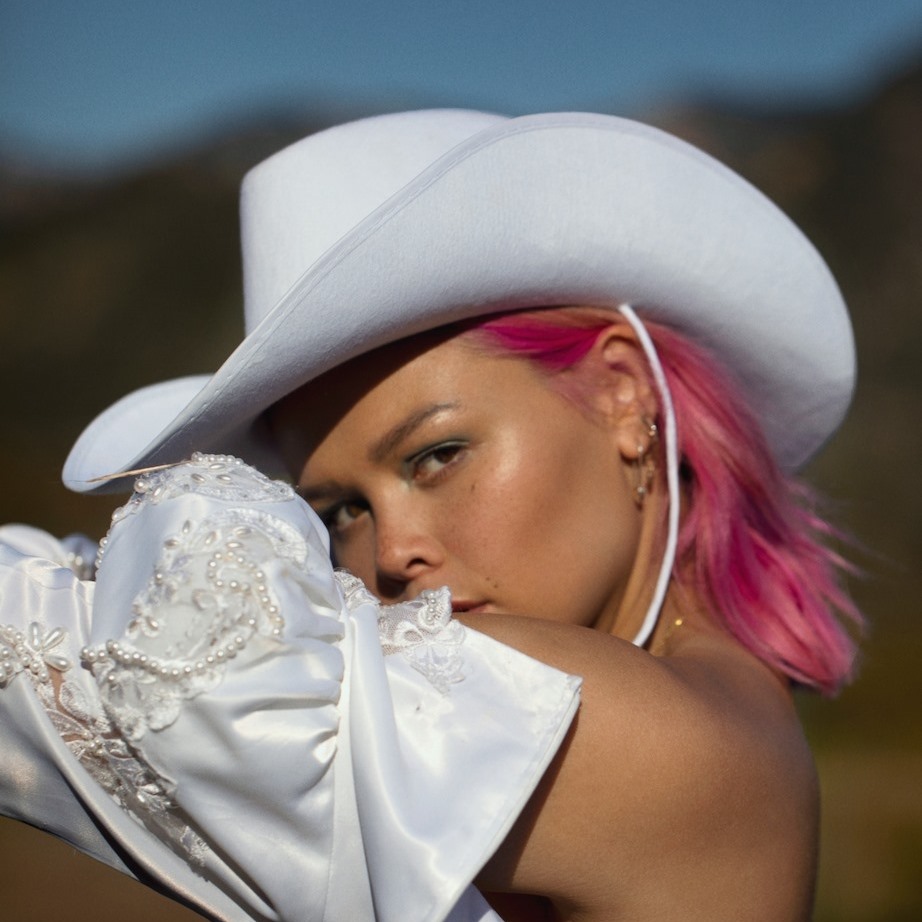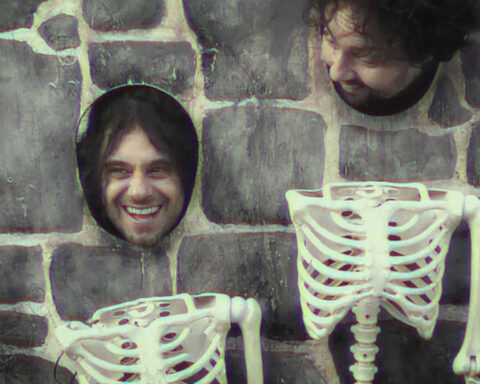Olivia Dean recently released her latest single “Dive,” which serves as a preview of her forthcoming debut album set to be released in the last week of June. Olivia’s album “Messy” features some of her previously released singles, including “Danger” and “UFO,” and it showcases Dean’s versatility as a soul-pop artist who isn’t afraid to experiment with different sounds and genres.
In her newest single “Dive,” Olivia’s vocals shine as she delivers a dreamy and nostalgic performance that is bolstered by the song’s twinkling instrumentation and retro horns. The track is a declaration of jumping into something new, despite the risks and uncertainties that come with it.
“Dive” is a beautifully organised chaos that takes the listener on a journey through different atmospheres and moods. In fact, “Dive” is a testament to Olivia’s growth as an artist, where she explores universal themes of love, loss, and self-discovery with her signature soul-bearing lyricism.
“Even with the sonics of the record, I’ve left a lot of sound in there, of talking, of the piano pedals. I like that it sounds human.” — Olivia Dean on her upcoming album
Olivia’s album features a variety of sounds and influences, ranging from jazz-filled moments to pared-back and intimate ones, and even futuristic and orchestral elements. Dean’s goal with this album was to create something that defies categorization and showcases her own unique sound and style.
Olivia’s determination to create something that represents her growth as an artist, while still being true to her unique style, is evident throughout the album. It’s a bold and unexpected debut that showcases Dean’s versatility and sets her apart as one of the most original voices in UK pop.












